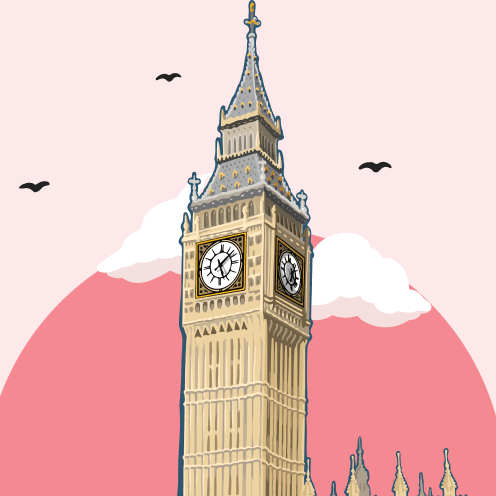Shorouk Express
Sign up for the View from Westminster email for expert analysis straight to your inbox
Get our free View from Westminster email
Get our free View from Westminster email

Winter fuel payments will not be reinstated for all pensioners, a minister has said in a blow to millions of people across the country.
It came as Rachel Reeves confirmed an expected U-turn on the controversial cuts would be in place for this winter, but said the government would not set out details of how it would pay for it until the autumn Budget.
Sir Keir Starmer last month announced his intention to give more people access to winter fuel payments, just months after Labour made the previously universal payment means-tested.

open image in gallery
But there has been growing confusion over what these changes would look like, who they will affect and when they would be introduced.
On Wednesday, pensions minister Torsten Bell confirmed there was no prospect of returning to a universal winter fuel payment for all.
Speaking to the work and pensions committee, Mr Bell said: “Directly on your question of is there any prospect of a universal winter fuel payment, the answer is no, the principle I think most people, 95 per cent of people, agree, that it’s not a good idea that we have a system paying a few hundreds of pounds to millionaires, and so we’re not going to be continuing with that.
“But we will be looking at making more pensioners eligible.”
It was initially expected that the changes would be unveiled at next week’s spending review, but the chancellor has now said the government will “set out how everything would be paid for in the budget in the autumn”.
Reports in The Guardian and The Times say the Treasury is considering restoring the payment for all pensioners, before requiring better-off claimants to pay it back through tax bills over the course of the next financial year.
The threshold could be based on the average level of real household disposable income, reports The Times.
Speaking in Manchester on Wednesday, Ms Reeves said: “I had to make decisions last year to restore sound public finances, and that involved a number of difficult decisions around welfare, taxation and also public spending, including the decision to means-test winter fuel payments so only the poorest pensioners, those on pension credit, got it.
“But we have now put our public finances on a firmer footing. The economy is in a better shape, but we have also listened to the concerns that people had about the level of the means-test.
“So we will be making changes to that. They will be in place so that pensioners are paid this coming winter, and we’ll announce the details of that and the level of that as soon as we possibly can.”
Labour MP Rachael Maskell criticised the decision not to restore winter fuel payments to all, warning that “means-tested benefits fail to reach people”.
She told The Independent: “The challenge I place to the minister is this: how will the winter fuel payments be distributed to ensure all vulnerable people get the support they need?

open image in gallery
“Over 3 or 4 million people who are eligible did not claim pension credit, the gateway to the winter fuel payment, last winter, as there is a reason why means-tested benefits fail to reach people – a point government should have learnt having thrown everything at trying to get people to claim.
“When 1 million more people are in fuel poverty, it shows that not just the eligibility needs changing but also the process through which to access the payments, or people will continue to go cold.
“This is why universalism works with the taxation system then clawing back money from those with high pensions or assets.”
Winter fuel payments are a £300 payment to help with energy costs in the colder months. In July, the chancellor announced that pensioners not in receipt of pension credits or other means-tested benefits would no longer receive the benefit.
As a result, just 1.5 million pensioners received the payment in winter 2024-25 – a massive drop from the 10.8 million pensioners who received it the year before.
The cuts were deeply unpopular because they were seen as being disproportionately damaging to vulnerable people, and were criticised for leaving thousands of poorer pensions who were on the borderline missing out on the payment.
In November, it was revealed that the government’s own figures indicated it would force 100,000 pensioners into poverty in 2026.
The policy was partly blamed for Labour’s poor performance at the local elections – which saw them lose two-thirds of the council seats they had in 2021– as well as the previously Labour-held Runcorn and Helsby parliamentary seat to Reform UK.
The cuts – combined with the £5bn welfare cuts and the party’s decision to keep the two child benefit cap in place – have sparked growing concern over the direction of the government among Labour MPs.





















